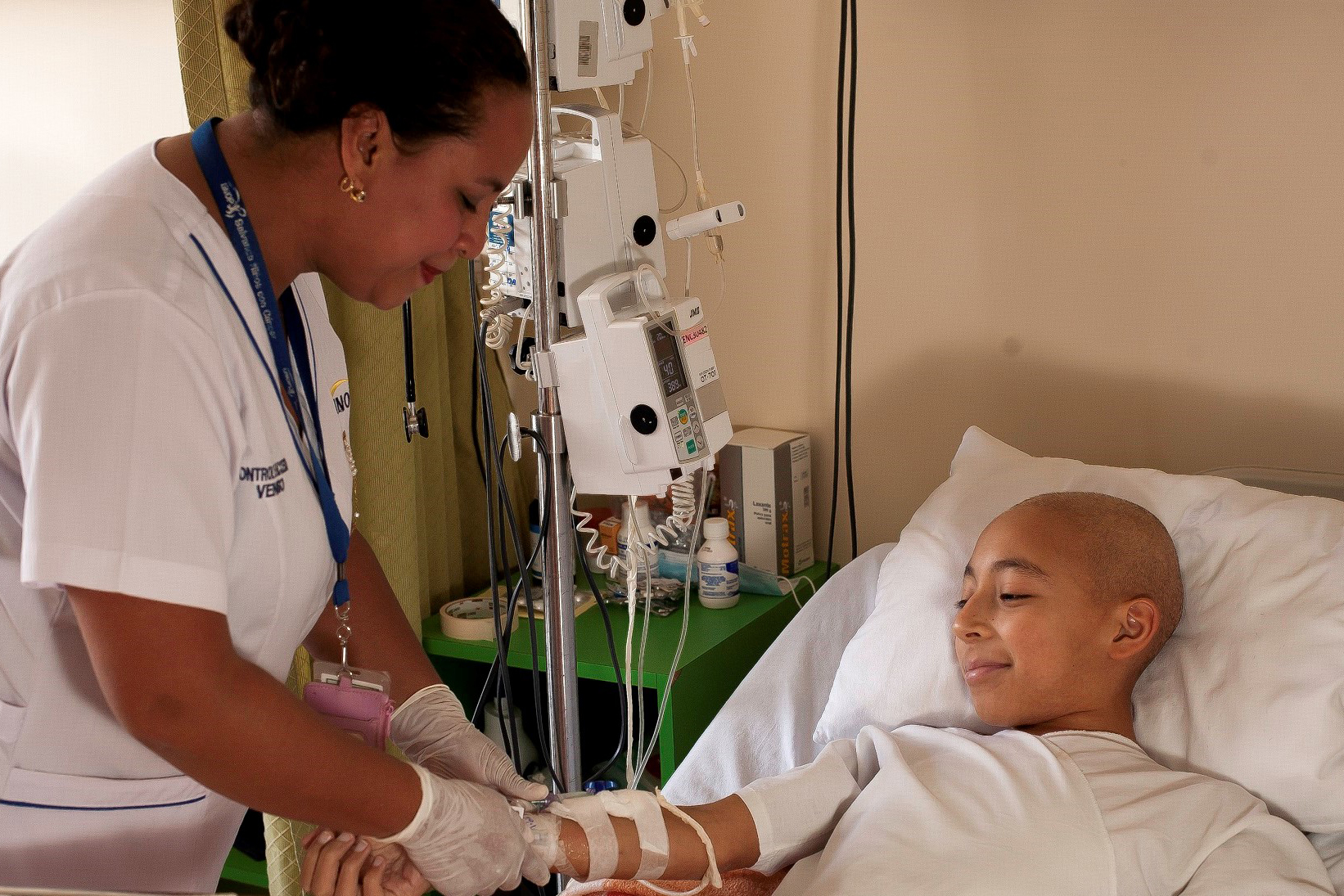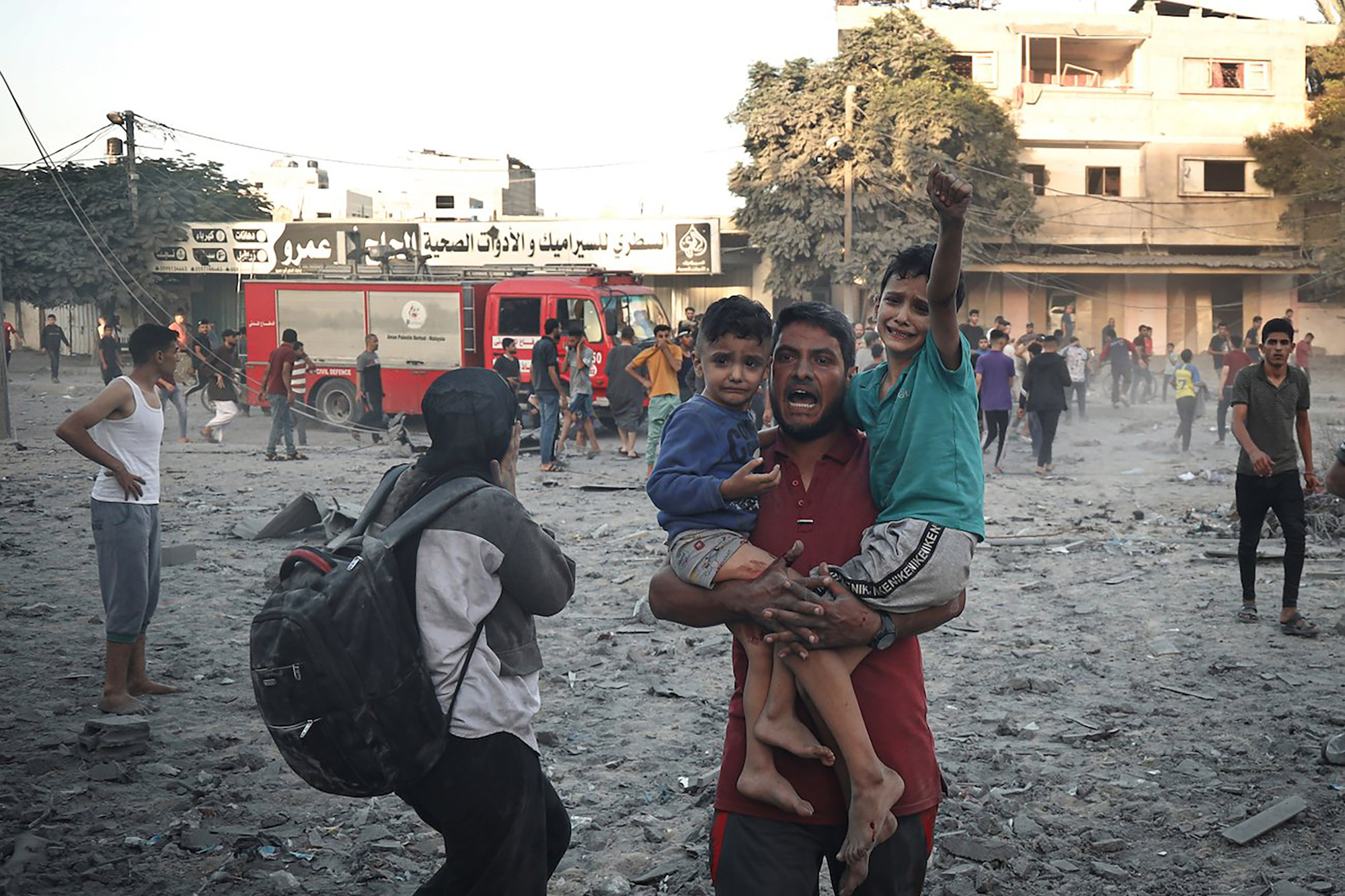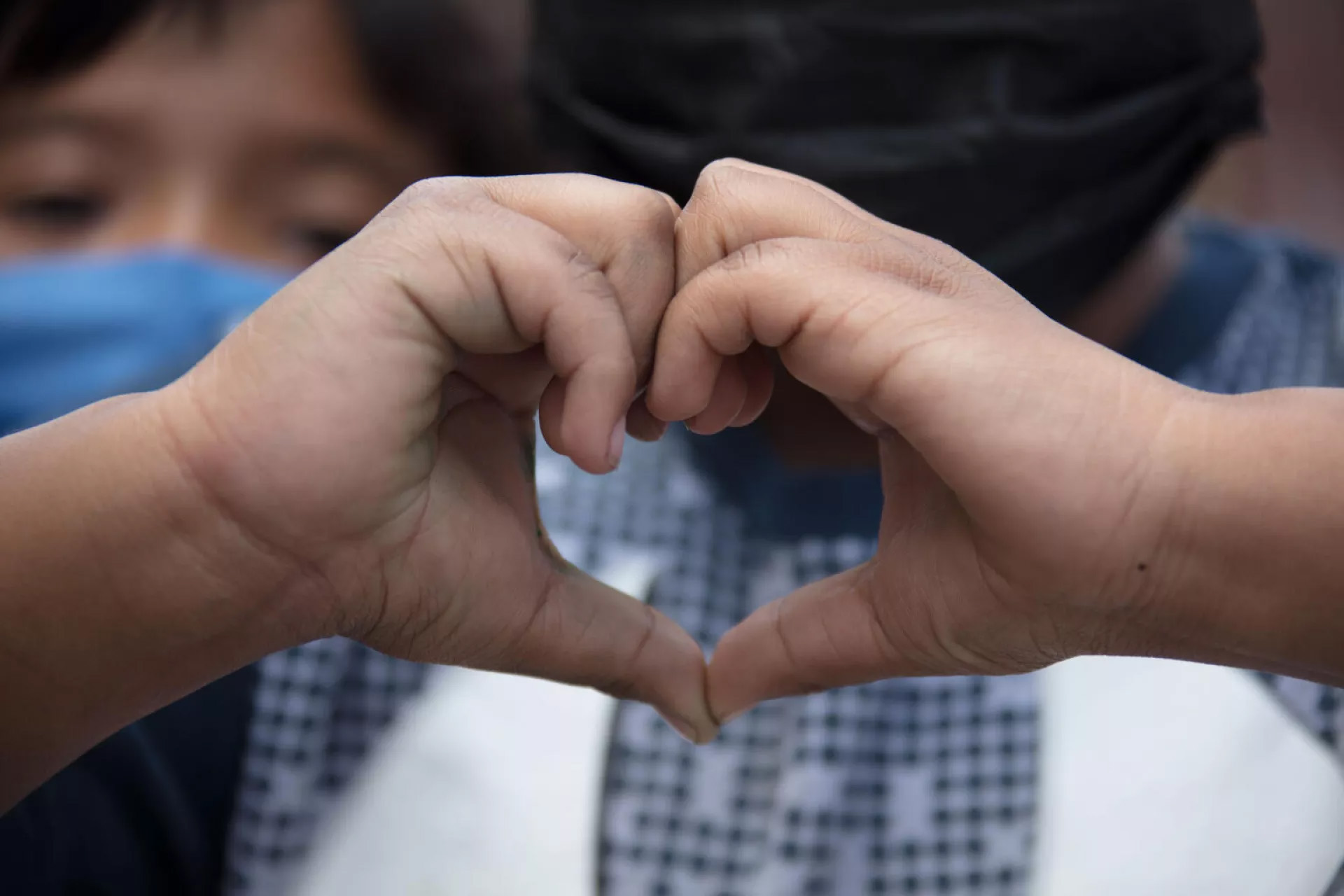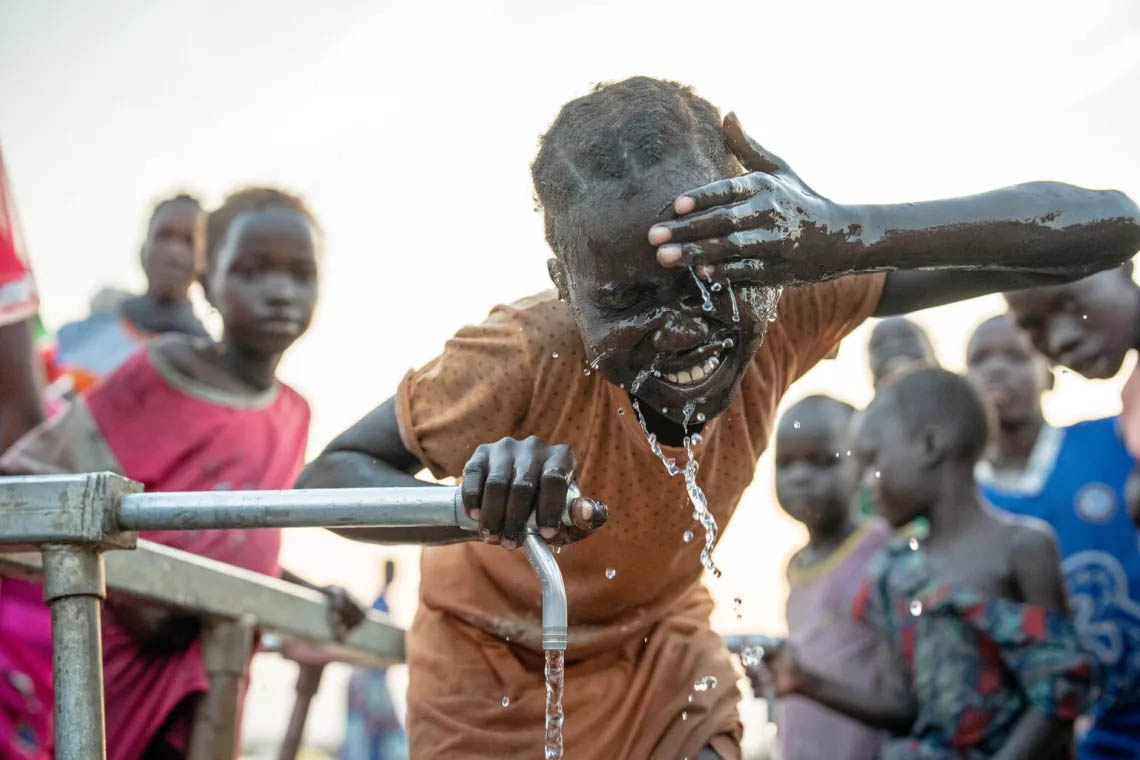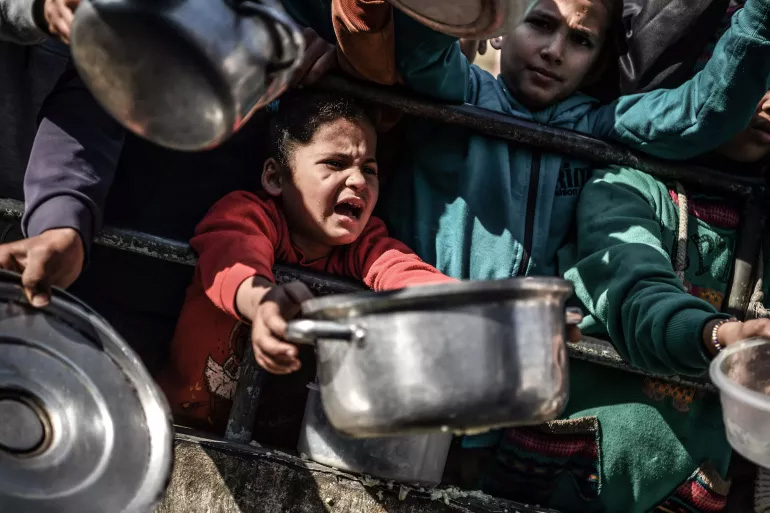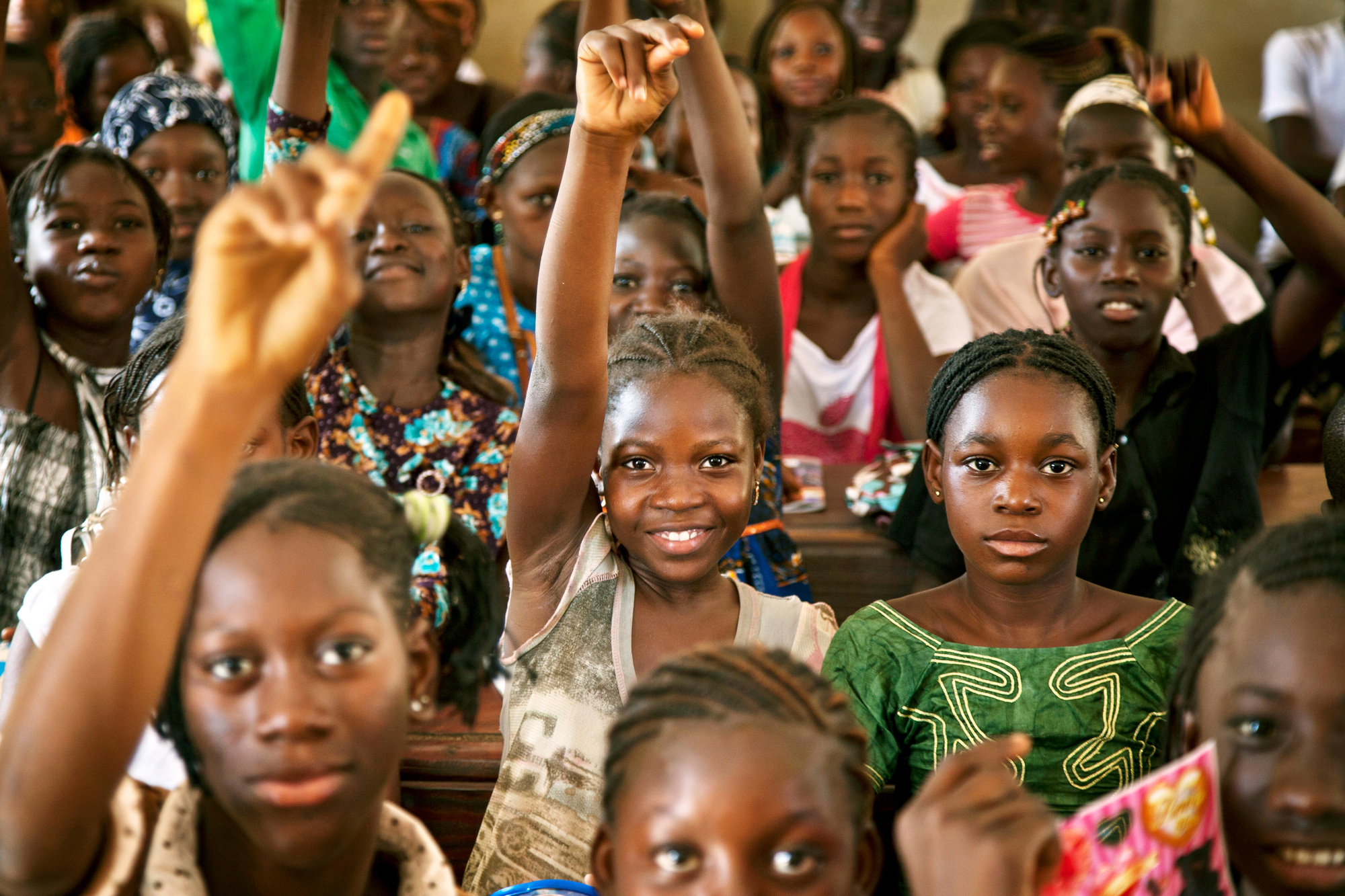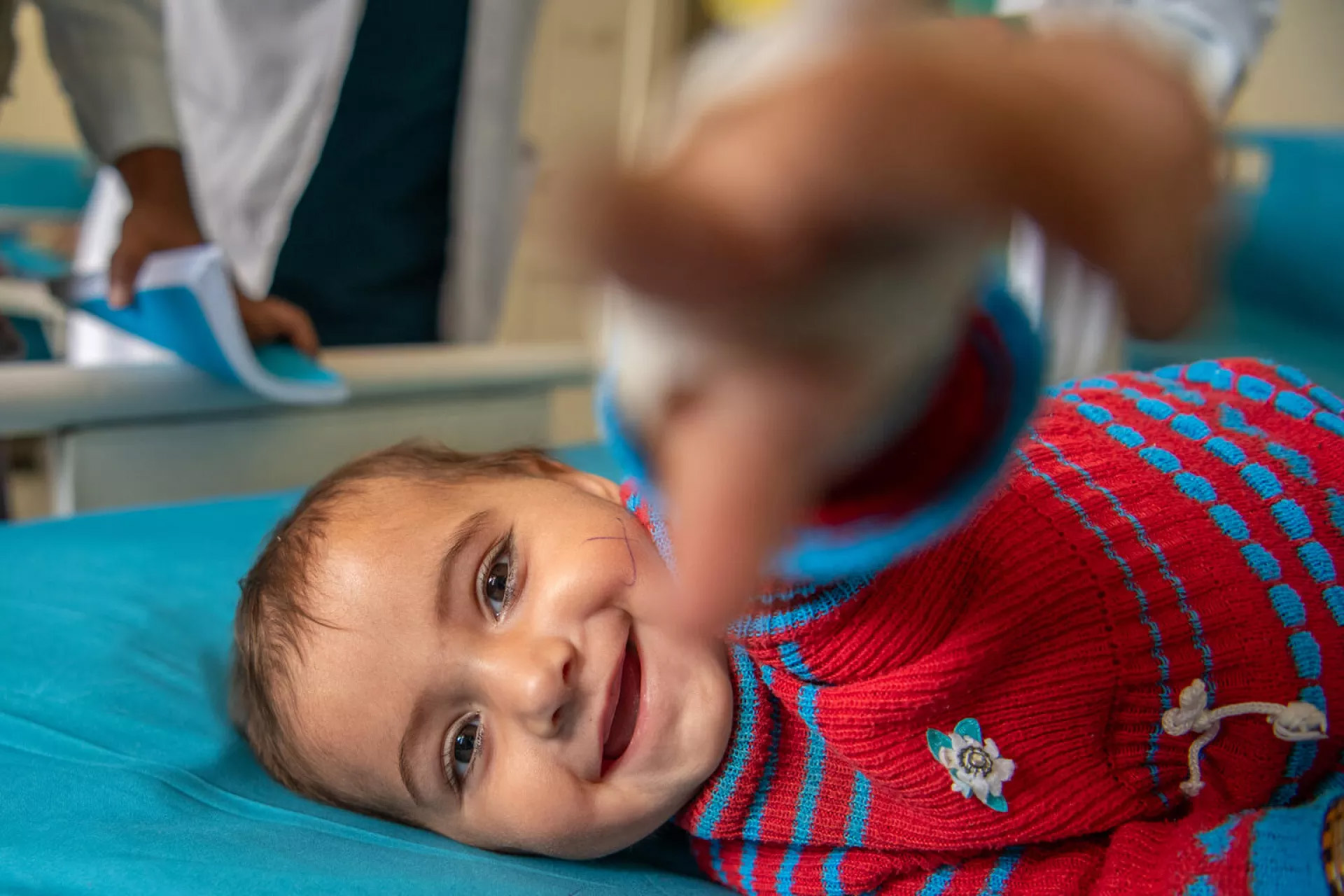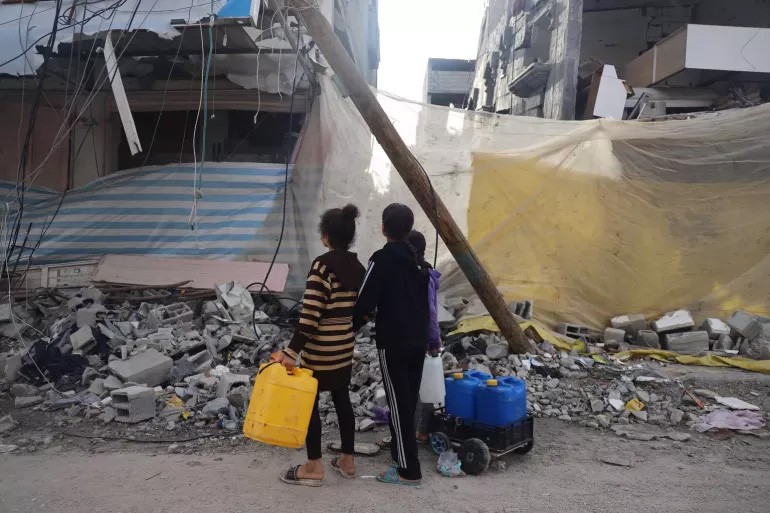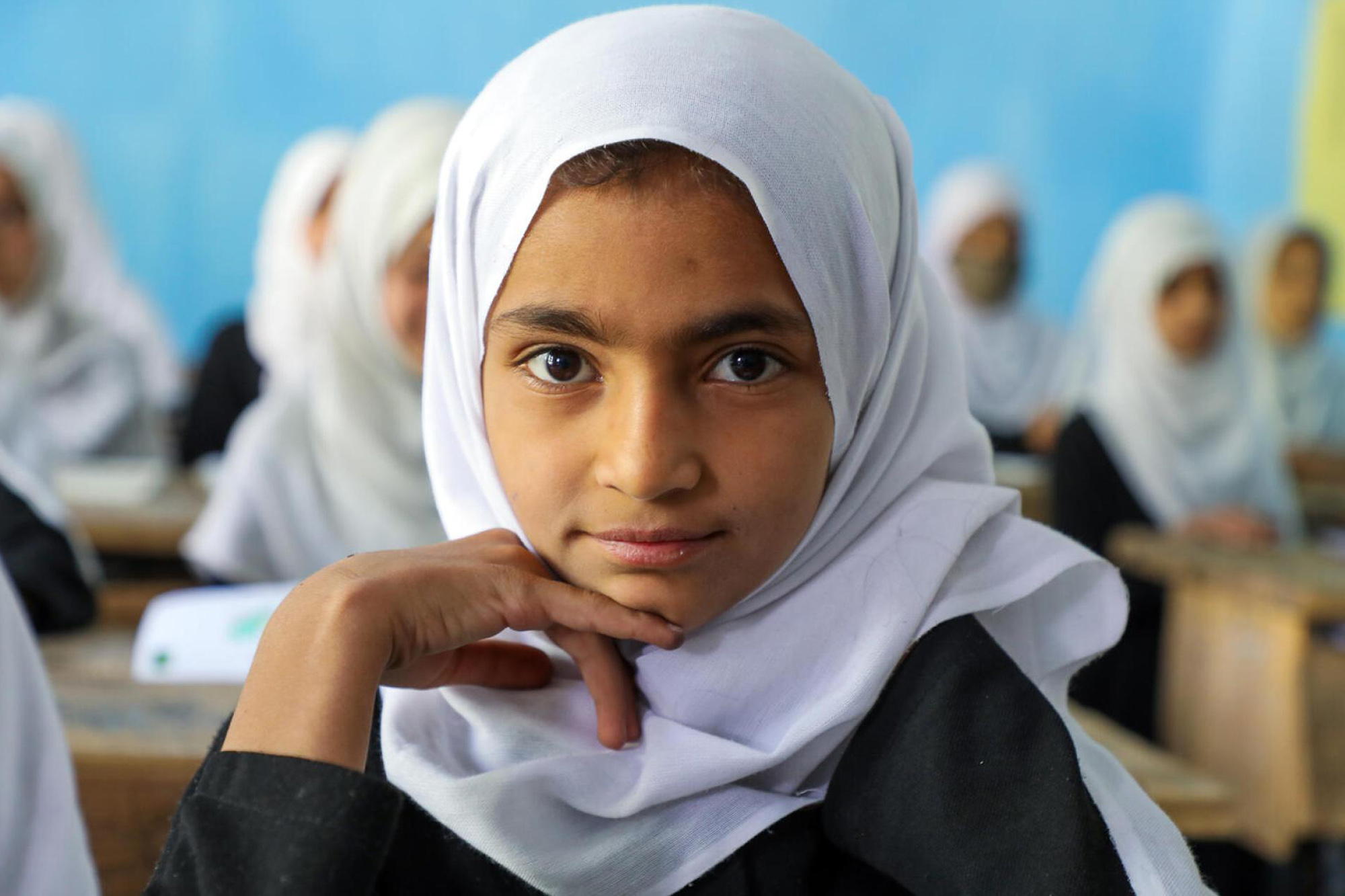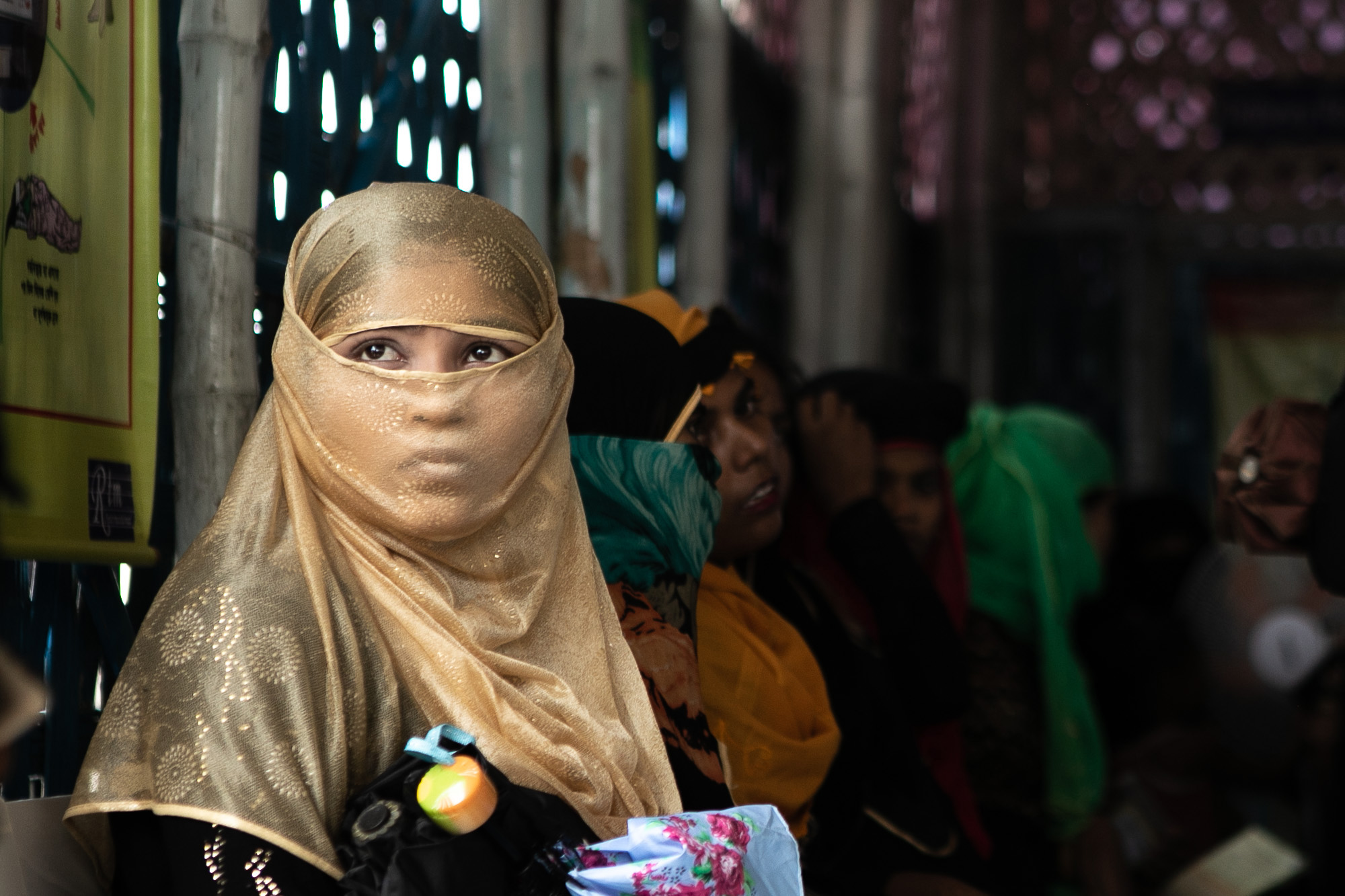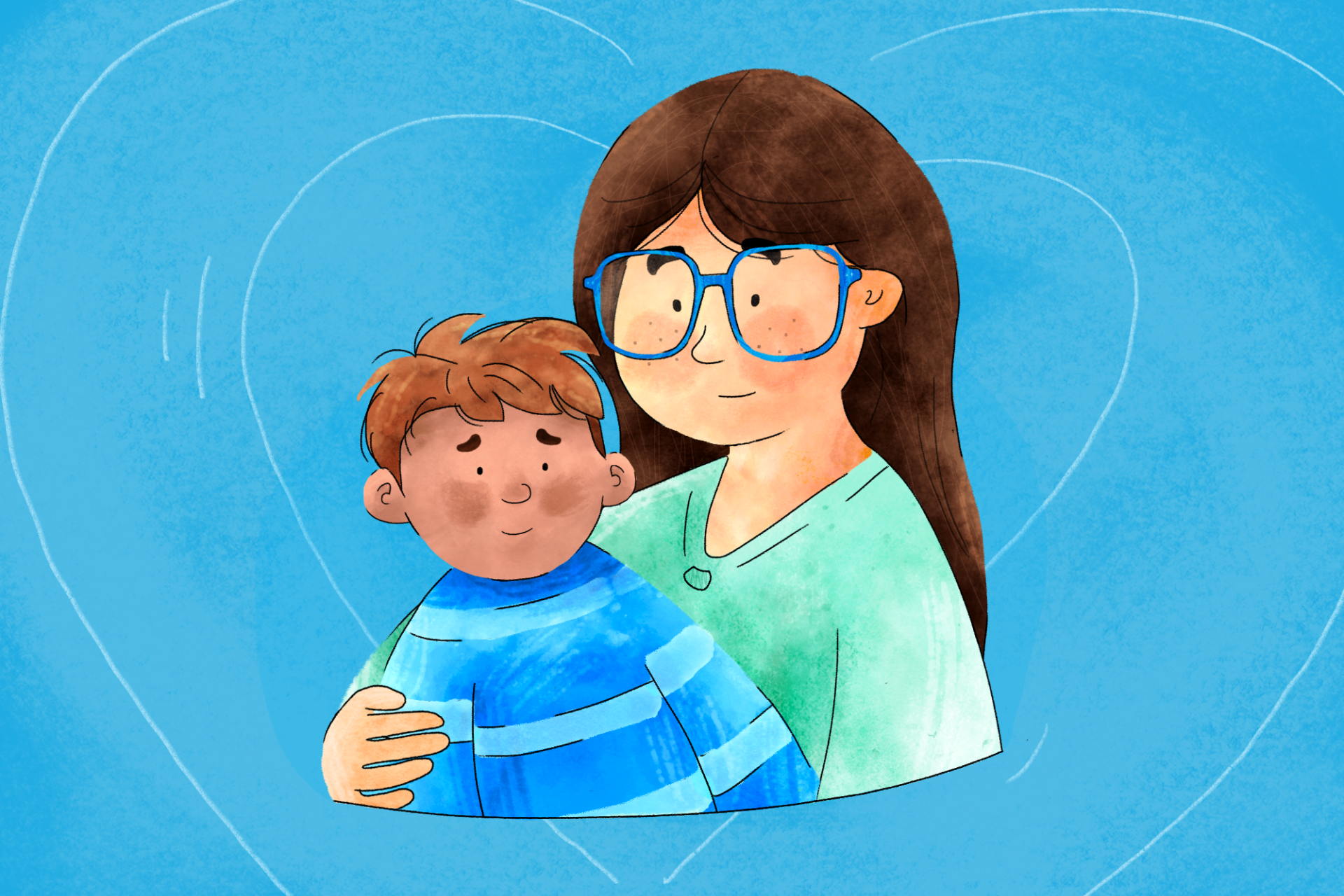Cancer is a leading cause of death for children and adolescents. Each year, an estimated 400,000 children and adolescents develop cancer. The most common types of childhood cancers include leukemias, brain cancers, lymphomas and solid tumours. It is generally not possible to prevent cancer in children, so the most effective strategy to improve outcomes is to focus on a prompt, correct diagnosis followed by effective, evidence-based therapy. International Childhood Cancer Day, 15 February, spotlights the need for more equitable access to treatment and care for all children with cancer, everywhere.
Children
Since 7 October, around 85% of Gaza's population, which is about 1.9 million people, have been displaced. The majority of the 24,000 killed and 59,000 injured are women and children. Hunger is widespread, and aid has been insufficient to address the growing humanitarian crisis. The UN has called for commercial supplies to be allowed to enter Gaza to enable markets and the private sector to reopen and provide an alternative to food accessibility. The images and stories in this photo story published by the Office for the Coordination of Humanitarian Affairs (OCHA) depict the harsh reality that Palestinian children face daily.
Whether in person or online, almost all children and young people will encounter hate speech at some time. It’s important to help them recognize it and know what to do when they encounter it.
https://www.unicef.org/The year 2023 has witnessed an unprecedented global humanitarian crisis marked by escalating conflicts, disasters, food insecurity, and disease outbreaks. From Afghanistan to the Democratic Republic of the Congo, from Burkina Faso to Somalia, and beyond, millions of children face grave threats due to violence, violations, and the collapse of essential services. However, amidst the surging needs, funding remains a critical challenge. UNICEF is actively engaged in these regions, providing crucial support such as healthcare system maintenance, treatment for malnutrition, education, psychosocial support, and protection services. The organization emphasizes the urgency of these 13 situations and the critical need for international support to address the complex and interconnected challenges faced by these communities.
UNICEF has teamed up with spoken word artist @clickfortaz, in support of the 1 in 7 adolescents living with a mental health condition and to promote good mental health and well-being for all children and young people.
Children in the Gaza Strip face a deadly triple threat to their lives, as cases of diseases rise, nutrition plummets and the escalation in hostilities approaches its fourth month. Thousands of children have already died from the violence, while living conditions for children continue to rapidly deteriorate, with increasing cases of diarrhea and rising food poverty among children, raising the risk of mounting child deaths. Children and families need humanitarian assistance and protection now.
Over the past 30 years, children’s lives have been transformed by the most widely ratified human rights treaty in history. The Convention on the Rights of the Child has inspired governments to change laws and policies, so more children get the healthcare and nutrition they need and are better protected from violence and exploitation. But there is still more work to be done. The Committee on the Rights of the Child monitors implementation of the Convention by its States parties. The Committee is starting the first of its 3 annual sessions to review States parties reports.
Children under the age of 5 undergo rapid brain development, making them particularly susceptible to the long-term consequences of exposure to harmful substances. It is imperative to take immediate action to shield our children from environmental pollutants, as each instance of poisoning represents a loss to our collective future. Every child deserves the right to grow up in a healthy environment.
UNICEF launches its 2024 Humanitarian Action for Children appeal to mitigate the effects of unprecedented humanitarian crises around the world.
In all wars, it is children who suffer first and suffer most.
Bearing witness, James Elder gives a firsthand account of the impact of the war on children and families. Read the UNICEF blogpost here
Recently displaced children in the southern Gaza Strip are accessing only 1.5 to 2 litres of water each day, well below the recommended requirements just for survival, according to UNICEF estimates. According to humanitarian standards, the minimum amount of water needed in an emergency is 15 litres, which includes water for drinking, washing and cooking. For survival alone, the estimated minimum is 3 litres per day. The impact of this on children is particularly dramatic because children are also more susceptible to dehydration, diarrhea, disease and malnutrition.
Hollywood actress Audrey Hepburn was a tireless advocate for children’s rights. Soon after becoming a UNICEF Goodwill Ambassador in 1988, she went on a mission to Ethiopia, where years of drought and civil strife had caused terrible famine. After visiting UNICEF emergency operations, Audrey talked about the projects to media in the United States, Canada and Europe over several weeks, giving as many as 15 interviews a day. In 1989, Audrey Hepburn gave this passionate speech as world leaders adopted the UN Convention on the Rights of the Child.
No matter where they live, every child has the right to grow up in a peaceful world on a safe and livable planet. Children must be listened to and included in all decisions that affect them. On this World Children’s Day (20 November), we’re making space for children and young people to raise their voices on issues that are important to them. By prioritizing children's rights and participation, we can help to build a brighter future for everyone. Join us! Explore what’s happening on World Children’s Day.
The sexual abuse and exploitation of children is a violation of human rights and a major public health issue with far-reaching implications for global well-being and development. The first World Day for the Prevention of and Healing from Child Sexual Exploitation, Abuse and Violence (18 November) aims to raise awareness of child sexual abuse, promote support for survivors, and emphasize the need to prevent and eradicate such exploitation while holding perpetrators accountable. On this day, let’s unite to end stigma against victims, protect their rights, and ensure their access to justice and remedies.

